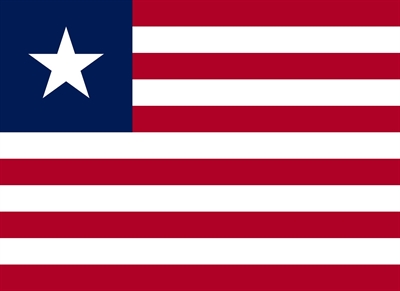Liberia - CEDAW LOI - Discrimination against Women - January 2015
Country: Liberia
Type: Intl Mechanism Submission
Issues: Children's Rights, Education, Gender-Based Violence, International Advocacy, Women's Rights
Mechanism: UN Committee on the Elimination of Discrimination against Women
Report Type: List of Issues
Liberia’s Compliance with the Convention on the Elimination of All Forms of Discrimination against Women
Report for the Pre-Sessional Working Group of the Committee on the Elimination of Discrimination against Women
62nd Session of the Committee on the Elimination of Discrimination against Women, Pre-Sessional Working Group, Geneva (9 - 13 March 2015)
Despite international and legislative commitments, discrimination against women in Liberia continues to be pervasive. Sexual violence is widespread; 77% of women and girls have been victims of some form of sexual violence. Gender-based violence continues to occur at elevated rates, and the government fails to protect victims or hold perpetrators accountable. Although rape is a crime in Liberia, the government has failed to enforce the law effectively.
Liberia has made some efforts to implement recommendations of the Committee on the Elimination of Discrimination Against Women but discrimination against women is still widespread. The Liberian government is legally required to provide free and compulsory education to all children until the ninth grade, but girls are educated at much lower rates than boys.
Additionally, throughout Liberia, women’s inheritance rights are subject to discriminatory provisions and limitations in both statutory and customary law, causing women to be deprived of property and inheritance.
With assistance from the Zorzor District Women Care (ZODWOCA), a Liberian NGO, The Advocates identified recommendations concerning these three issues and offered a list of questions the Committee should pose during its review of Liberia’s compliance with its obligations under CEDAW.
The Committee on the Elimination of Discrimination Against Women reiterated our concerns in its List of Issues to the Liberian government.
- The Committee asked the Liberian government to describe measures taken to increase prosecution of perpetrators of domestic violence, increase reporting of cases of sexual violence, and create sustainable and accessible safe houses for women.
- The Committee asked the Liberian government to provide statistics on the enrollment and literacy rates of students at all levels of education. Moreover, the State party should include steps taken to improve female literacy and prevent harassment and violence against girls in school.
- The Committee asked the Liberian government to indicate whether the right of women to acquire and own property remains linked to marital status in statuary and customary law, and if that is the case, to explain if the government plans to review and change these laws. Additionally, the Committee asked the government to indicate whether deeds and titles are issued under women's names as well as men's when property is jointly acquired during a marriage.
- Concerning all three issues, the Committee asked the Liberian Government to describe measures taken to ensure that women are aware of their rights.




